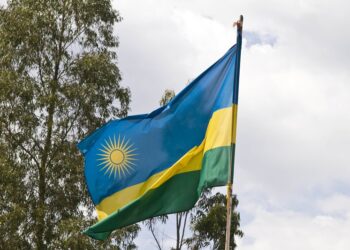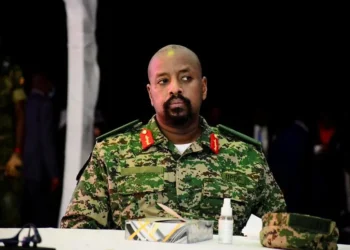The Executive Board of the International Monetary Fund (IMF) has allowed Mozambique immediate access to US$60.7 million under the Extended Credit Facility (ECF) arrangement for budget support.
The Board’s decision followed its completion of the third review of the three-year ECF arrangement, which aims to support Mozambique’s economic recovery and reduce public debt and financing vulnerabilities, while fostering higher and more inclusive growth through structural reforms.
This decision brings Mozambique’s total disbursements under the ECF arrangement to US$273 million.
The Board noted that the country’s programme performance has been satisfactory. Five of eight structural benchmarks (SBs) were met as of end-December 2023, and three of four quantitative performance criteria (QPCs) were observed.
Based on remedial actions adopted by the Mozambican authorities, the Executive Board approved a waiver of non-observance of the continuous performance criterion on non-accumulation of new public and publicly guaranteed external payment arrears which was missed due to delays in debt service repayment.
The Executive Board also completed the financing assurances review and approved the authorities’ request for modification of the Monetary Policy Consultation Clause (MPCC).
It observed that parliamentary approval of the Sovereign Wealth Fund bill in December 2023 was an important step toward ensuring transparent and sound management of natural resource wealth.
“Continued fiscal consolidation efforts are warranted to reduce financing needs and contain debt vulnerabilities. With inflation expectations well anchored, tighter fiscal policy, and weak non-mining growth, there is scope for gradual monetary policy easing,” the Board concluded.
Meanwhile, the IMF Deputy Managing Director, Mr. Bo Li, issued a statement, observing that Mozambique’s economic recovery is accelerating, supported by the liquefied natural gas (LNG) projects amid modest non-mining growth.
At the same time, Mr. Li said, inflation pressures have declined sharply. While the outlook remains positive, significant risks remain, mainly due to adverse climate events and the fragile security situation.
Given Mozambique’s high debt and tight financing conditions, continued fiscal consolidation efforts are warranted.
On the revenue side, he suggested that broadening the VAT base will help mobilise revenues in an efficient way. On the expenditure side, continued wage bill reform will help create fiscal space for high-priority spending, including social spending.
The IMF executive added: “The monetary policy stance has helped to contain inflationary pressures and rebuild FX reserves. With inflation expectations well-anchored, a gradual easing of the tight stance is warranted. Implementing an appropriate and carefully calibrated policy mix between fiscal and monetary is key to preserving macroeconomic stability. Improving the transmission of the policy rate by deepening the interbank, money, and foreign exchange markets over the medium term remains important for improved macroeconomic management, and to allow greater exchange rate flexibility to cope with external shocks.”



























































